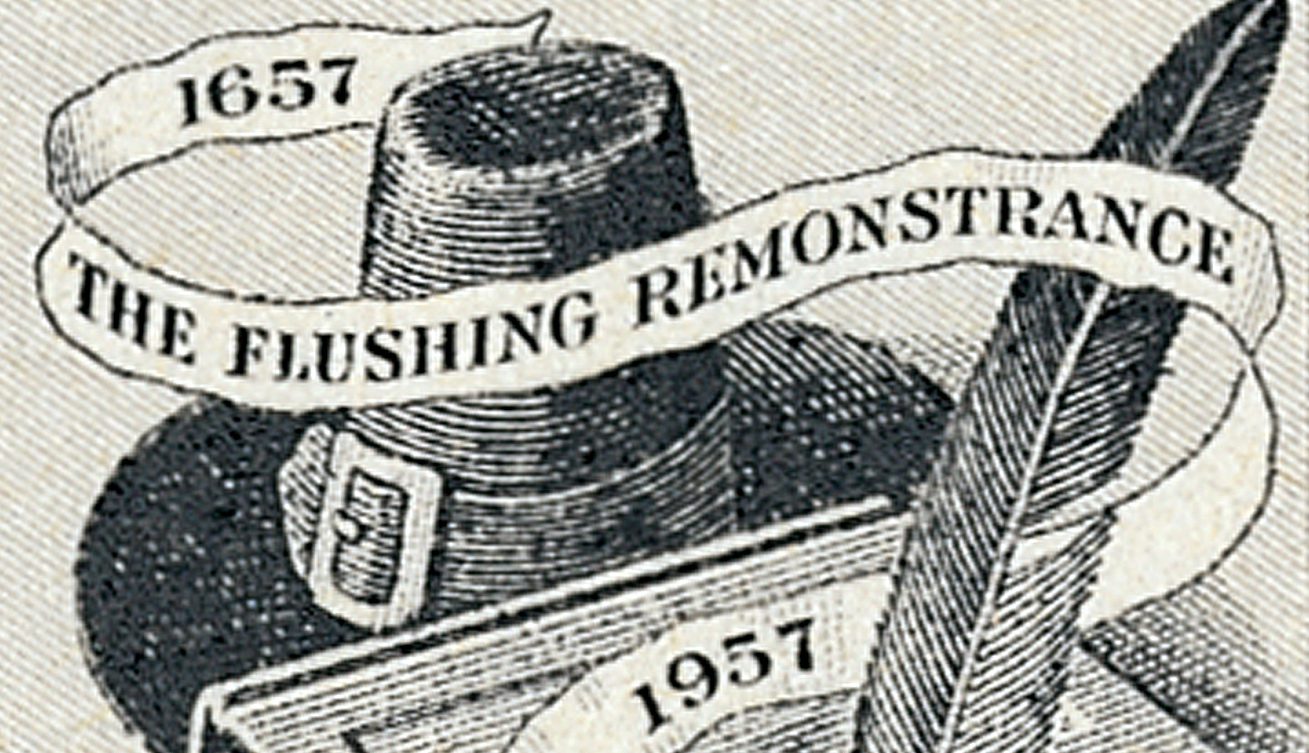Birth of Sam Rayburn
Samuel Taliaferro Rayburn was born on January 6, 1882, in Kingston, Tennessee. Famous for his integrity, Rayburn served as Speaker of the House of Representatives longer than anyone else and spent 49 consecutive years in Congress.









